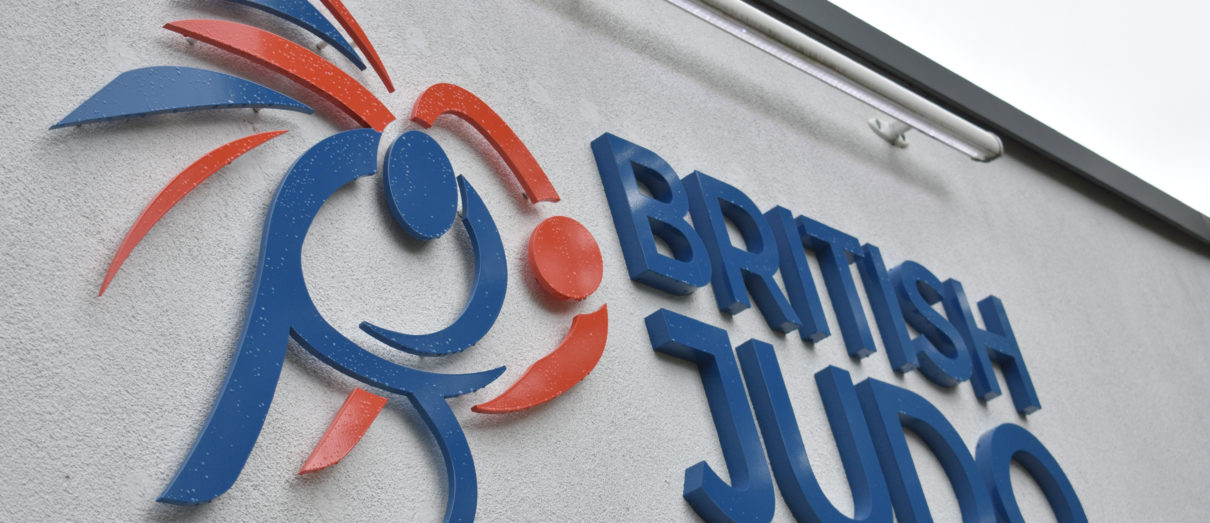Following consultation with religious leaders and based on legal advice, the Board of Directors have approved the following proposal to allow the wearing of head coverings on religious grounds.
The rules will be communicated widely to ensure consistency of understanding and application, not limited to Referees, Area Refereeing Representatives, Competition Organisers (CCs/SRs), Coaches and BJA Clubs. Member clubs must, at a minimum, permit religious headwear that meets the above requirements.
Players who need to wear a head covering in their normal daily routines for religious reasons will be allowed to do so in all BJA controlled competition provided the covering meets the following criteria:
- The material used shall be clean and tidy which does not have any strong safety issues such things as getting fingers caught and causing injury.
- The tying of the headwear may not include any hard or metallic objects.
- The player wearing the covering may not wear any hard or metallic objects underneath the covering.
- The covering will be of a single colour which is the player’s personal choice.
- No additional padding or other materials will be worn in addition to the headwear garment.
- Should the headwear become accidentally dislodged during the contest, the referee will allow it to be retied at the next break in the action (no technique being applied) and shall not stop the contest solely for the retying of the headwear unless considered dangerous (in the same manner as if the belt were to fall to the ground).
For example, this may mean that in a ne-waza exchange that the headwear may come loose accidentally but the next opportunity to replace it (when no progression is apparent) may be 20 or more seconds later. The continuity of the contest cannot be disrupted, as this may cause a disadvantage.
- Should either player deliberately remove the headwear of either player without the referee’s permission, this will incur a Shido.
- No branding or advertising will be allowed on the head covering; it must be a plain single colour.
- The headwear may not cover any part of the neck or face (face is defined as the area in-between the forehead, chin and in front of the ears), as to do so would disadvantage a judoka attempting to apply shime-waza (strangles/chokes).
- The headwear must be tight fitting in such a way that it does not easily become dislodged and cause lengthy delays in the contest, headwear that does repetitively become dislodged may be deemed inappropriate and not allowed.
- In all events organised by International Federations, the rules of the organising Federation will be applicable.
- Before the start of the contest, a visual inspection should be enough to check that the headwear complies with the rules. Referees should not touch a player’s headwear and must not request that it be removed (it remains a disqualifiable offence to wear a hard or metallic object).
- The referee should interpret these rule adjustments in line with the BJA’s broad intention to be inclusive and widen participation, provided the safety of both players is protected.
HEADWEAR EXAMPLES
The following examples show types headwear in keeping with the criteria above and should be permitted:
Approved:
Not Approved:
Too big
Covers the neck
Advertising
CLUB ENVIRONMENT
Member clubs must, at a minimum, permit religious headwear meeting the above requirements. However, they may relax these requirements at their discretion provided the headwear remains safe to wear in the club environment.
LEGAL ADVICE
- Indirect discrimination is where an organisation applies a rule which applies to everyone, but in fact, disadvantages those with a particular protected characteristic more than everyone else. Rules that are indirectly discriminatory can be lawful if they are objectively justified – i.e. they have a) a legitimate aim and b) are a proportionate means of achieving that aim.
- In this case, the ban on headwear applies to all participants but it disadvantages people with certain religious beliefs that require them to cover their head. It is, therefore, likely to be indirectly discriminatory and as such unlawful unless British Judo can objectively justify it.
- If a Court finds that the rule amounts to unlawful discrimination, it can make a financial award of up to £30,000 for injury to feelings and can make a recommendation that the rule is overturned. Also, there is the obvious risk of adverse publicity for the organisation if such a finding was made.
- We would advise British Judo to prepare a report on the objective justification of this rule. While you cannot guarantee that this will be a successful defence to a claim, you will be in a far stronger position to defend a claim if you can show that you have analysed this issue and have cogent reasons for your position supported (where possible) by evidence.












